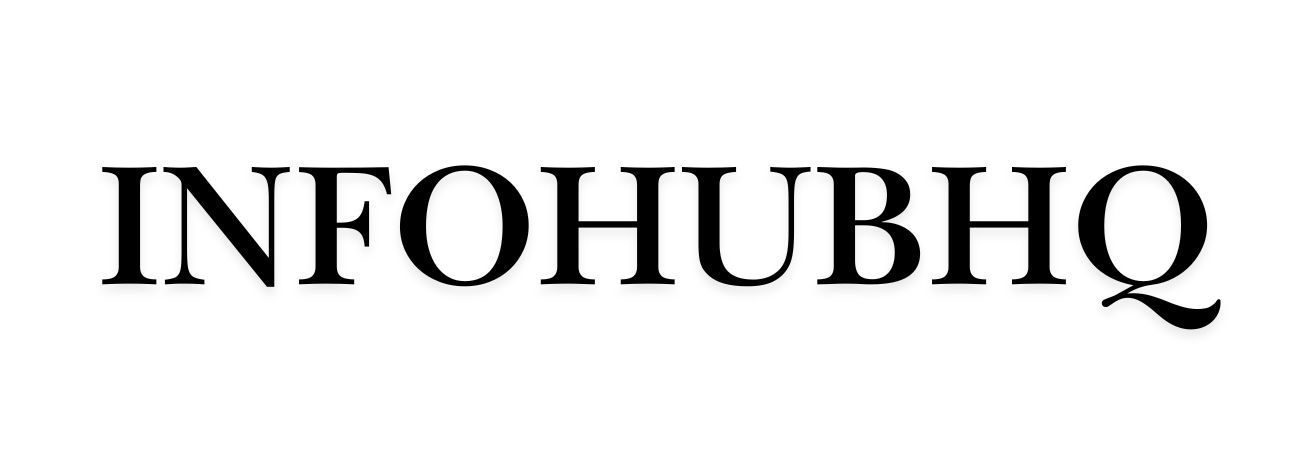Introduction to Asian Dating Norms
Asia, a continent rich in cultural diversity, presents a fascinating tapestry of dating norms and practices. Understanding these cultural differences is crucial for anyone interested in forming meaningful relationships within Asian communities. Dating in Asia is often influenced by deep-rooted traditions, social expectations, and family values, which can vary significantly from one country to another. This article delves into the unique aspects of Asian dating norms, offering insights into how cultural differences shape romantic relationships across this vibrant continent.
Traditional Values and Modern Influences
In many Asian cultures, traditional values play a significant role in shaping dating norms. Respect for family, community, and cultural heritage often guides personal relationships. For instance, in countries like Japan and South Korea, the concept of ‘giri’ or duty towards family and society can heavily influence dating decisions. Young individuals might feel pressured to choose partners who are not only compatible with them but also acceptable to their families.
However, modern influences are gradually reshaping these traditional norms. The rise of globalization and digital connectivity has introduced new perspectives and dating practices. Online dating platforms have become popular, providing young Asians with more autonomy in choosing their partners. Despite this shift, many still strive to balance modern dating practices with traditional values, creating a unique blend of old and new in their romantic pursuits.
Role of Family in Asian Dating
Family plays a pivotal role in Asian dating norms, often acting as a guiding force in the selection of a partner. In many Asian countries, dating is not just a personal affair but a family matter. Parents and elders are often involved in the decision-making process, offering advice and sometimes arranging introductions.
In countries like India and China, arranged marriages are still prevalent, although the dynamics are evolving. Young individuals now have more say in the selection process, with families acting more as facilitators than decision-makers. This involvement of family can be seen as both a support system and a source of pressure, as individuals strive to meet familial expectations while pursuing personal happiness.
Understanding the importance of family in Asian dating norms is crucial for anyone navigating these cultural waters. Respecting family traditions and building rapport with family members can significantly enhance the success of a relationship within these cultures.
Dating Etiquette and Social Expectations
Dating etiquette in Asia can vary widely, influenced by cultural norms and social expectations. In many Asian countries, public displays of affection are limited, and couples often adhere to conservative behavior in public settings. This is particularly true in countries like Malaysia and Indonesia, where cultural and religious beliefs advocate for modesty and discretion.
Moreover, social expectations can dictate the pace and progression of a relationship. In some cultures, dating is seen as a serious commitment, with an expectation of marriage in the future. This contrasts with more casual dating norms seen in Western cultures, where dating can be more exploratory and less focused on long-term commitments.
Understanding these nuances is essential for building respectful and successful relationships. Being aware of and sensitive to cultural expectations can help navigate potential misunderstandings and foster deeper connections.






